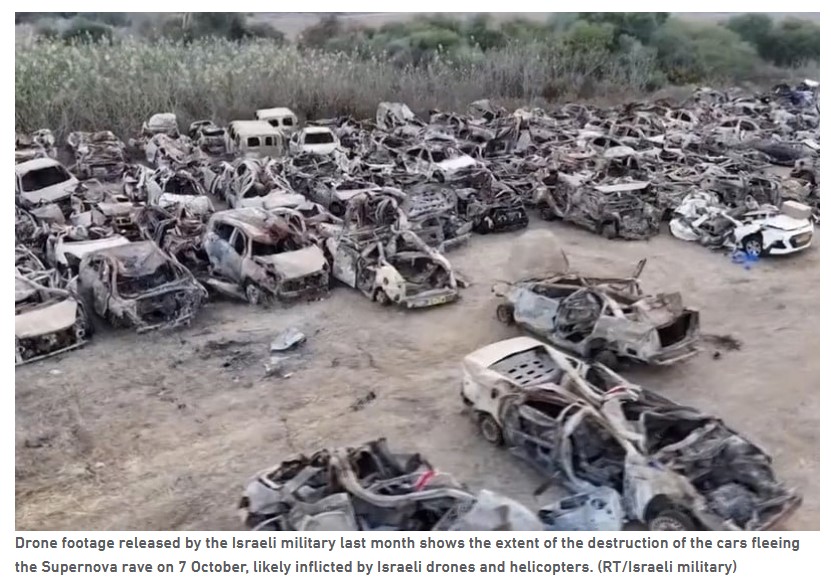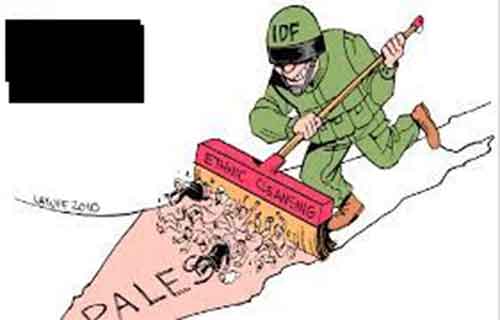Topic: Thinking Politically
-

Lost And Fearful In The Middle East
—
by
Of all the amateurish moments to arise as the Biden regime conducts its foreign policy, the White House’s official statement as B1–B bombers let loose over Iraq and Syria last Friday may be the taker of the cake. As the ordnance fell on 85 targets in seven locations, many of them outposts of Iran’s Revolutionary…
-

Muslim, Arab-American Voters Show Black People How To Exercise Power
—
by
The last time a majority of white people supported a democrat in a presidential election was 1964. Black people won legislative victory through their own efforts in creating a mass movement and a political crisis that brought about change. This era has been fetishized, without any understanding of its real importance and meaning. The truth…
-

Antarctica Under Siege and XR Takes a Radical Turn
Antarctica has finally succumbed to rapid climate change. This past year (2023) brought changes to the icy continent that left climate scientists feeling a “punch in the gut.” (Source: Red Alert in Antarctica: The Year Rapid Dramatic Change Hit Climate Scientists Like a “Punch in the Guts,” The Guardian, December 30, 3023) Antarctic sea ice…
-

A Danger of Contagion: How the War on Palestinians Threatens the Entire World
—
by
The danger of escalation to a worldwide event increases by the day. The world is not with the US or Israel on this one. Live-streamed genocide will do that to you. T It is obvious that Netanyahu wants this to spread. Perhaps the most frightening possibility would be a direct attack on US interests that…
-

‘We Will Come to You in a Roaring Flood’: The Untold Story of the October 7 Attacks
—
by
We entered 2023 with some depressing data and dark predictions about what was awaiting Palestinians in the new year. Just before the year commenced, the United Nations Mideast envoy Tor Wennesland, said that 2022 was the most violent year since 2005. “Too many people, overwhelmingly Palestinian, have been killed and injured.” This figure – 171…
-
Adam Aron’s “The Climate Crisis: Science, Impacts, Policy, Psychology, Justice Social Movements”: A Review Essay
Adam Aron’s The Climate Crisis: Science, Impacts, Policy, Psychology, Justice, Social Movements –Review Essay by Kim Scipes Cambridge University Press, 2023; Paperback; ISBN: 978 1108987158 Adam Aron has written an ambitious book, one he intends to be the book on the subject of the climate crisis; and he has succeeded in many ways, especially…
-

The Challenge before us: Achieving an Ecological Civilization
Through prodigious intellectual work during the height of the industrial revolution in England, building on prior and concurrent achievements by humanity in science and philosophy, Karl Marx and Frederick Engels gave humanity the intellectual scaffolding for understanding and ultimately overcoming the death spiral that accompanies capitalism. That scaffolding includes dialectical and historical materialist theory and…
-

Israel admits to “immense” amount of “friendly fire” on 7 October
—
by
Israel’s army on Tuesday admitted that an “immense and complex quantity” of what it calls “friendly fire” incidents took place on 7 October. Since that day, there has been a steadily growing mountain of evidence that many – if not most – Israelis killed that day were killed by Israel itself. Colonel Nof Erez also said that…
-

How Did Zionism Collaborate With Hitler To Establish ‘Israel’?
—
by
The Zionist propaganda machine has portrayed Nazism and Zionism as having a completely adversarial relationship. They speak of the Nazi leader as having exterminated their people who lived within the borders of his state during World War II. However, they omit mentioning that Hitler had a hand in their colonization of Palestinian lands, and that…
-

Ethnic Cleansing Was Always the Zionist Plan
—
by
On October 13, +972 Magazine published an Israeli intelligence document which concludes: “The evacuation of the civilian population from Gaza to Sinai…will yield positive, long-term strategic outcomes for Israel, and is an executable option. It requires determination from the political echelon in the face of international pressure, with an emphasis on harnessing the support of…









